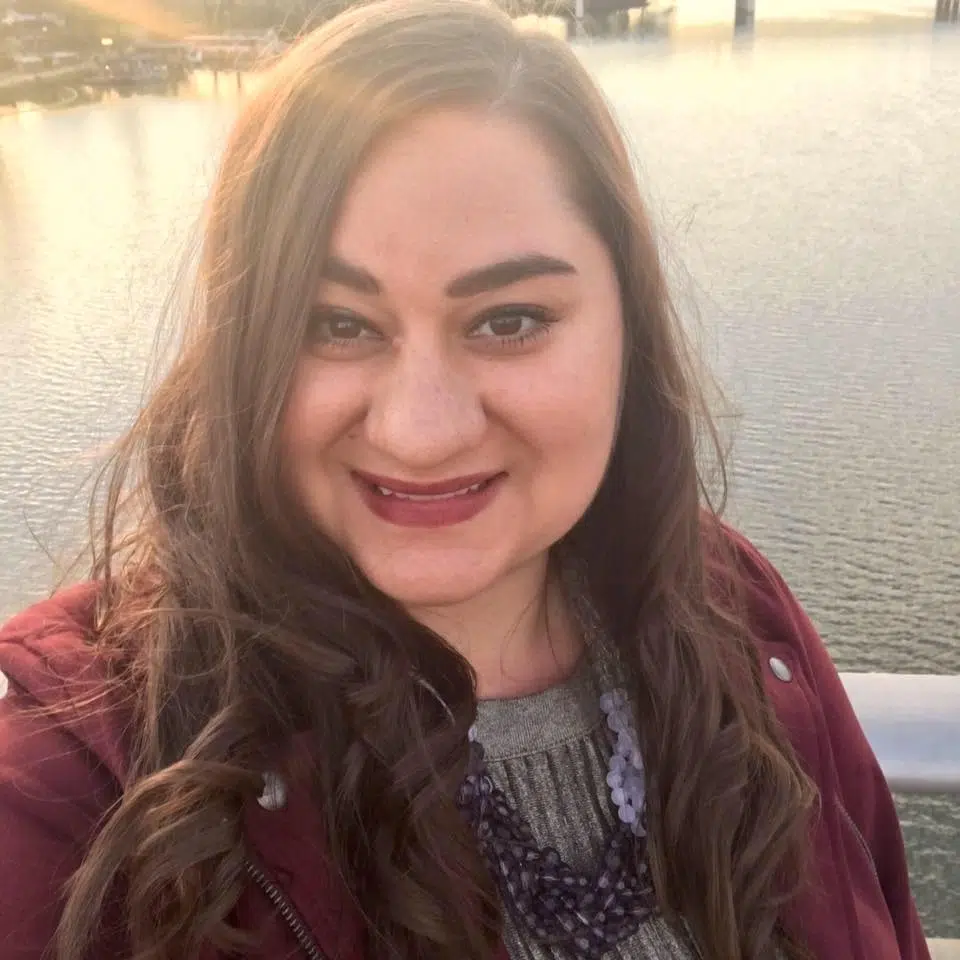Written by Katie Jackson-Griffin, LCPC
Content Advisory: sexual violence, sexual trauma, disordered eating, depression
What was the book about?
Roxane Gay writes about the sexual trauma she experienced and how it has impacted her life. It is a direct, raw insight into one person’s journey and struggles with trying to live in her body: one that is marginalized based on her race and weight.
What was your takeaway?
This book is not meant to be a self-help book or an inspiring story, necessarily. She attempts to share her own experience for what it is. In doing so, she provides something that is emotional, relatable and at times, hard to read because of its vulnerability.
Who would benefit from reading this book?
I highly recommend this book! I believe it can be helpful to read a portrayal of someone currently working on their mental health struggles. Often, books that discuss mental health challenges can give a “happy ending” and feel as though they are preaching. These can be inspiring, but also feel isolating to those who are still coping with these struggles.
Roxane highlights how trauma and its impact can continue to evolve and change through our lifespan. This shows the healing process is a journey and may not have a particular endpoint. I found this subtle shift in perspective on healing to be an important point as it normalizes that there is no one timeline in which healing happens.
“This is a memoir of (my) body because, more often than not, stories of bodies like mine are ignored or dismissed or derided. People see bodies like mine and make their assumptions. They think they know the why of my body. They do not.”
The book is not just for those who are struggling with mental health challenges but is also important for broadening perspectives on trauma, race, and fatphobia. Her descriptions of these topics helped me to see more clearly how the beliefs and systems in place in our culture can have such a detrimental impact on someone in a marginalized body.
Overall, I believe her unique perspective provides a sense of community, education about the impact that living in a marginalized body has on mental health, and reduce stigma when it comes to discussing these important topics.

Hi, I’m Katie!
I use HAES and DBT approaches to help people overcome their challenges with low self-esteem, anxiety, and depression. Read more about me.
Follow Restorative Counseling
Sign up for our newsletter

